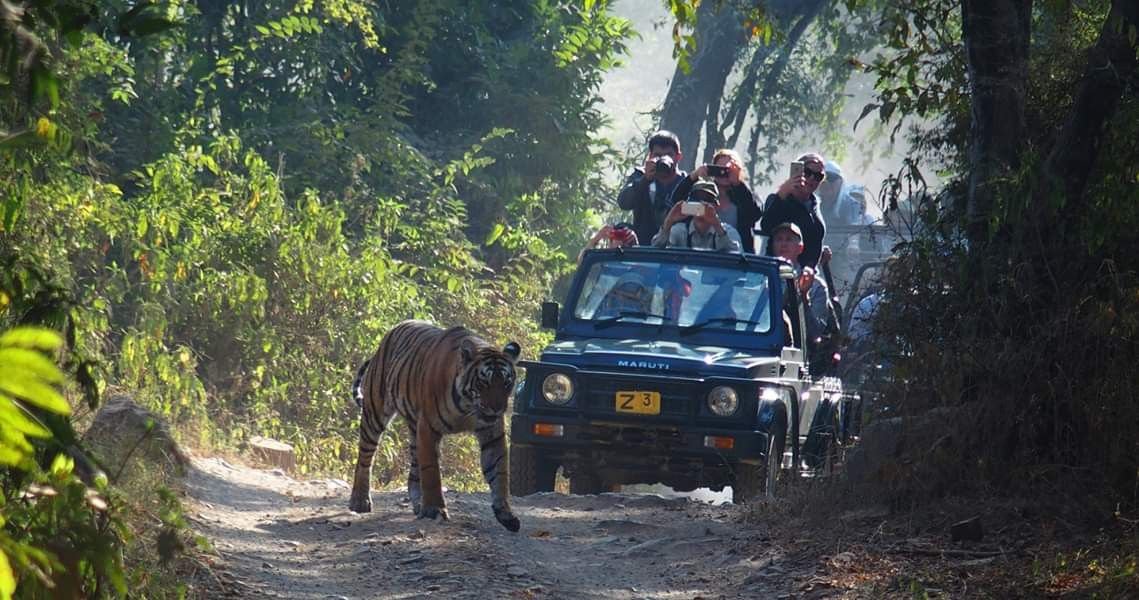Welcome to the world of adventure, where nature enthusiasts embark on thrilling jeep safaris in search of up-close encounters with wild animals. While these excursions promise exciting experiences, it is essential to shed light on the potential harm inflicted on wildlife.
In this article, we will explore the reasons why jeep safaris, if not carefully managed, can do more harm than good to the very creatures they aim to admire and protect.
Disturbance and Stress
The excitement of a jeep safari can be a jarring experience for wildlife. The peaceful harmony of their natural habitats is abruptly interrupted by the rumbling sound of approaching vehicles. Animals, accustomed to a serene environment, suddenly find themselves confronted with loud engines, unfamiliar sights, and human presence. These disturbances can induce stress and fear among the wildlife, disrupting their natural behavior and routines.
Animals rely on predictable patterns for feeding, breeding, and social interactions. The constant presence of jeeps can force them to alter their feeding patterns, causing nutritional imbalances. Stress can also impact reproduction rates, as disturbed animals may be less likely to mate or successfully rear their young.
Furthermore, the increased energy expenditure required to cope with the disturbance can lead to reduced fitness and overall health among wildlife populations.
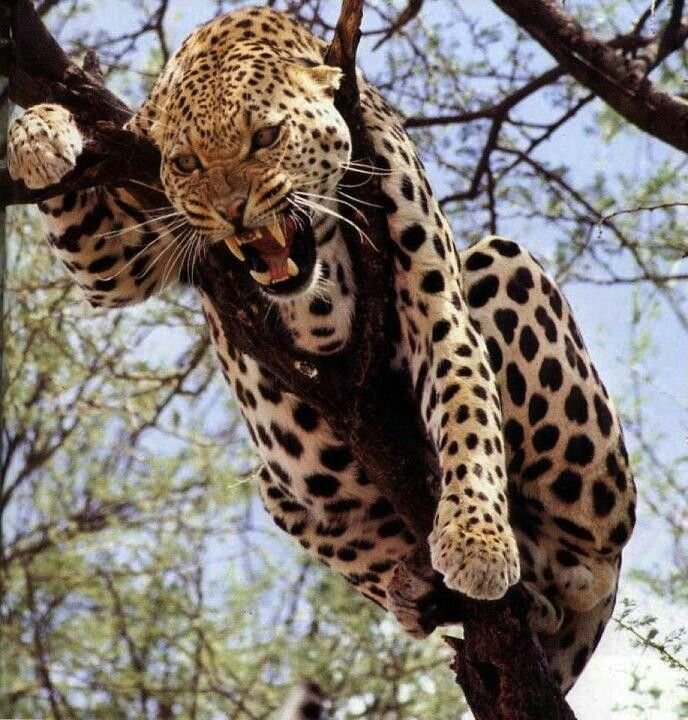
Habitat Degradation
Jeep safaris, when not carefully managed, can contribute to habitat degradation. The designated tracks are intended to minimize the impact on wildlife habitats. However, some safari operators disregard these guidelines, leading to serious consequences for the ecosystem. Jeeps venturing off the designated paths can result in soil erosion, trampled vegetation, and destruction of crucial habitats such as nesting areas or sensitive ecosystems.
Habitat degradation disrupts the delicate balance that sustains wildlife populations. Diminished food availability affects the animals’ ability to find adequate nourishment, potentially leading to malnutrition and weakened individuals. The loss of essential shelter and breeding grounds further exacerbates the situation, making it difficult for wildlife to find suitable habitats.
This degradation can have cascading effects on the entire ecosystem, disrupting species interactions and leading to population decline.
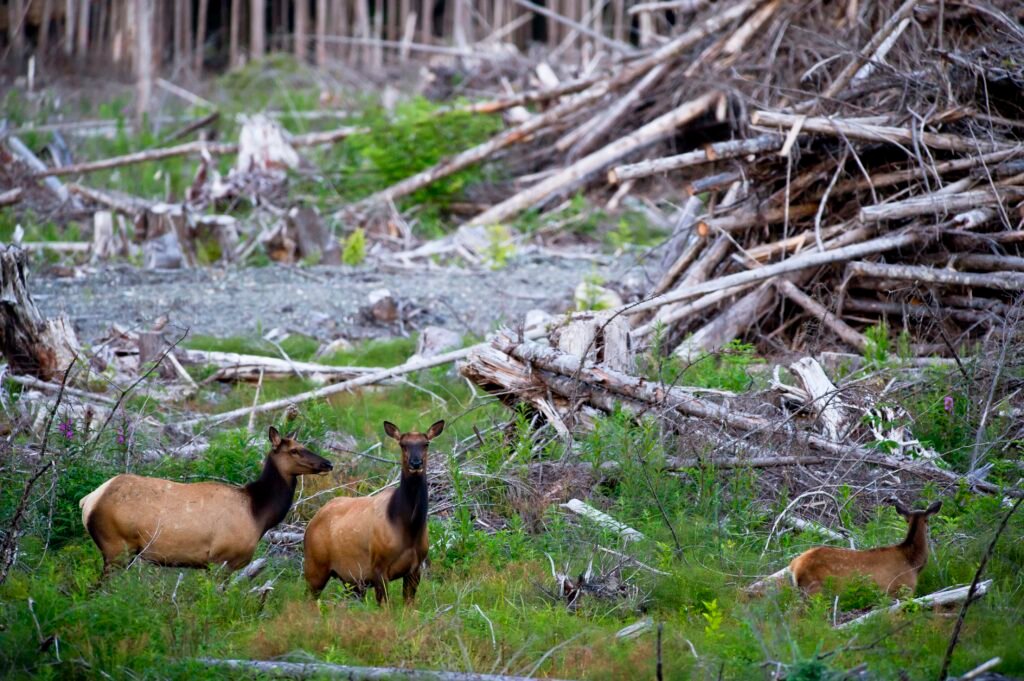
Collisions and Injuries
Jeep safaris, driven by the pursuit of thrilling encounters, carry inherent risks for both animals and humans. The high speeds at which these vehicles navigate through wildlife areas increase the likelihood of collisions with unsuspecting animals. Picture a majestic deer crossing a road, oblivious to the approaching vehicle. Tragically, such encounters can result in severe injuries or even fatalities for both the animal and passengers.
Additionally, the repeated presence of vehicles can habituate wildlife to their presence, reducing their natural fear response. This habituation increases the vulnerability of animals to accidents or predator attacks while crossing roads. The consequences extend beyond individual animals, as collisions disrupt the balance of ecosystems. Predators may lose potential prey, herbivore populations can dwindle, and the overall dynamics of the ecosystem can be thrown off-balance.
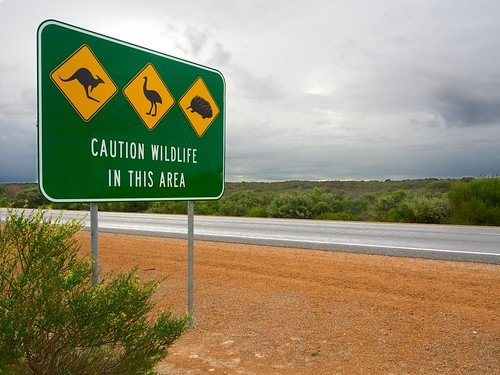
Poaching and Illegal Activities
Jeep safaris, inadvertently, can attract individuals engaged in illegal activities, posing a grave threat to wildlife. Poachers and wildlife traffickers exploit the distractions caused by safari activities to carry out their illegal deeds. The presence of vehicles can provide cover for these individuals, making it easier for them to operate undetected.
The consequences of poaching and illegal wildlife trafficking are devastating. These activities contribute to the decline of already vulnerable species and disrupt the intricate web of life within ecosystems. It is crucial to establish and enforce strict regulations to combat illegal activities and safeguard the wildlife that attracts visitors to these safaris. By prioritizing the protection of these precious animals, we can contribute to their long-term conservation and the preservation of biodiversity.
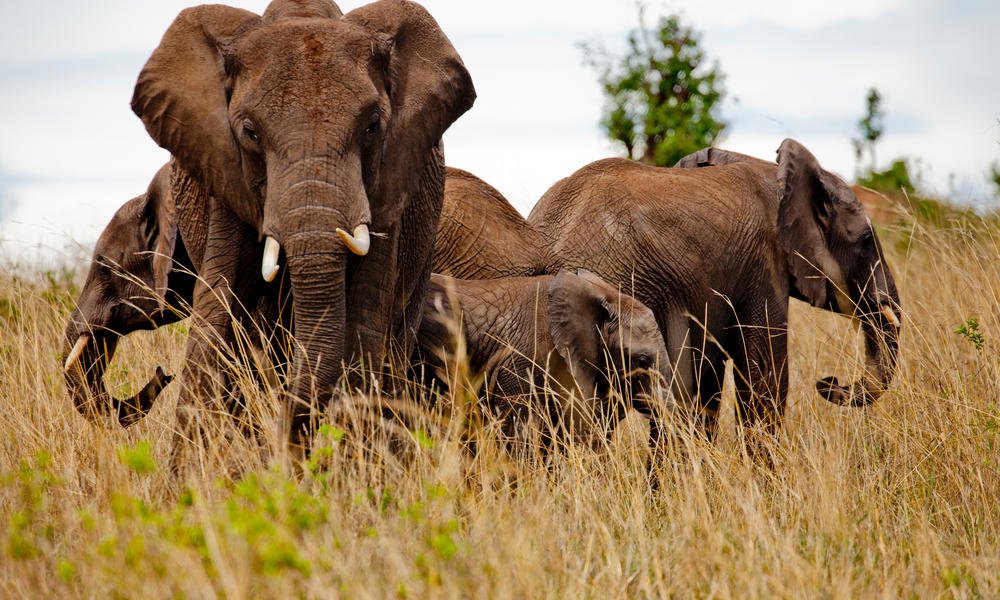
Conclusion
While jeep safaris have the potential to contribute positively to wildlife conservation, it is crucial to acknowledge the harm they can inflict on animals and their habitats if not carefully managed. By implementing proper regulations, promoting sustainable tourism practices, and prioritizing the well-being of wildlife, we can ensure that future generations can enjoy the wonders of nature without compromising the very creatures we seek to protect.
Let us strive to create a harmonious coexistence between human exploration and the conservation of our precious wildlife.

